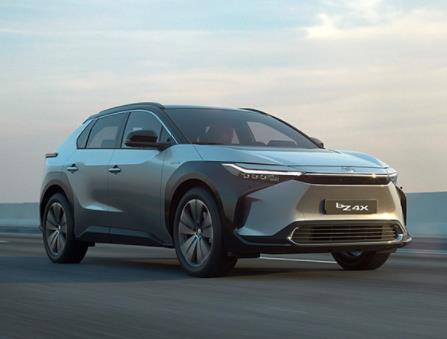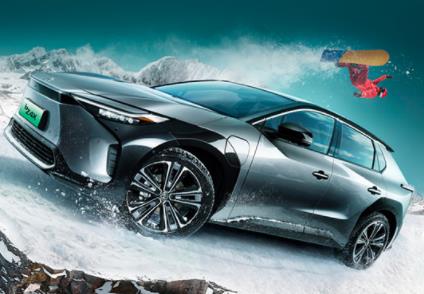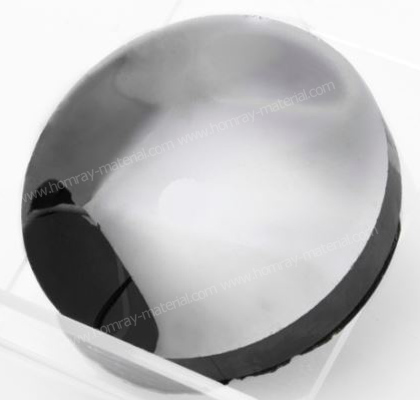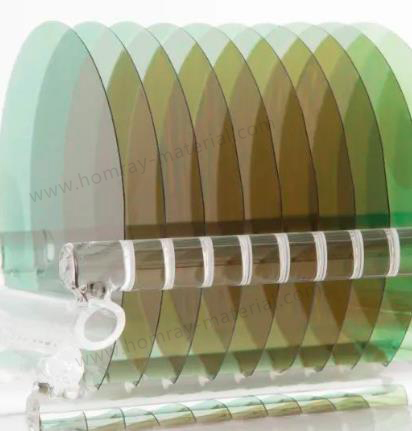
Recently, Toyota announced that it will launch a new bZ4X SUV battery electric vehicle in May this year. According to Toyota Industrial Corporation's announcement on April 13, the bZ4X uses its in-car charging device ESU, which integrates an in-car charger with SiC technology and a DC-DC converter.


As the professonal supplier and manufacuter of SiC wafer, Homray Material Technology also provide SiC Ingots. 4 inch and 6 inch SiC Ingots can be cutting to SiC substrate wafer by customer which have wire-saw machine, lapping machine etc. As the representative of the third generation of semiconductors, SiC material has a wide band gap width, high breakdown electric field, high thermal conductivity, high electron saturation rate and higher radiation resistance, so it is more suitable for the production of high temperature, high frequency, radiation resistance and high power devices, in IGBT, MOSFET and other power semiconductor applications are particularly widely, It is gradually becoming a "new core" in the automotive field.


According to Toyota, in-car charging units equipped with SiC diodes are smaller and lighter than traditional ones, and can effectively cut costs by 30 percent. The silicon carbide technology comes from Denso Japan.
According to the announcement, car charging devices used to have two power conversion circuits with 3.3kW output, but this product has reduced the number of components by combining them into one 6.6-kw circuit. Because only one circuit is used, high surge voltage becomes an urgent problem to be solved, and equipped with SiC can effectively solve this problem.
As early as 1980, Toyota Central Research and Development Laboratory and Denso corporation began to cooperate to develop SiC semiconductor materials.
In May 2014, the power control Unit (PCU) for new energy vehicles was officially released based on SiC semiconductor devices. In 2020, Denso and Toyota set up a joint venture "MIRISE Technologies" to conduct research and development of the next generation of advanced in-vehicle semiconductors. MIRISE will combine Toyota's experience in vehicle and denso components to focus on three technology areas: power electronics, sensors, and SoC, further highlighting their focus on in-vehicle semiconductors.